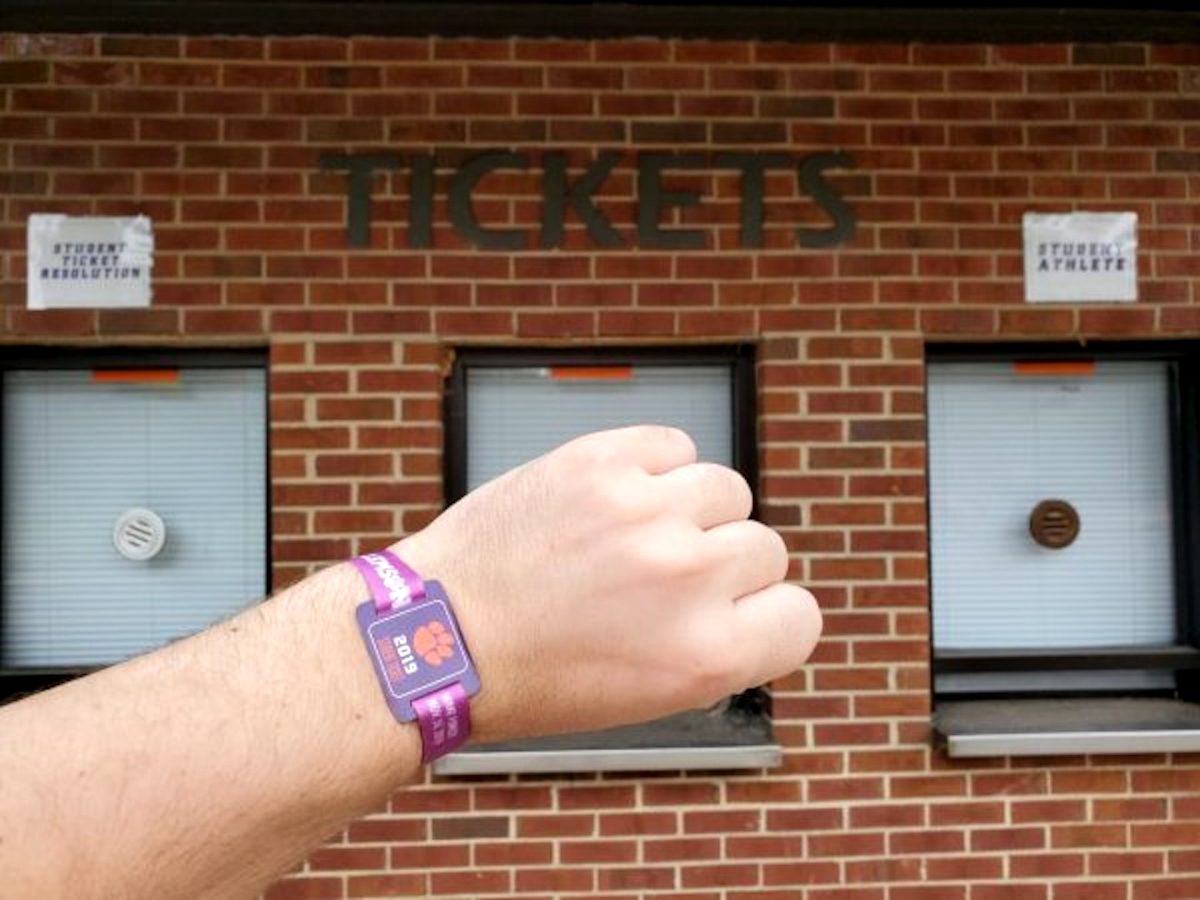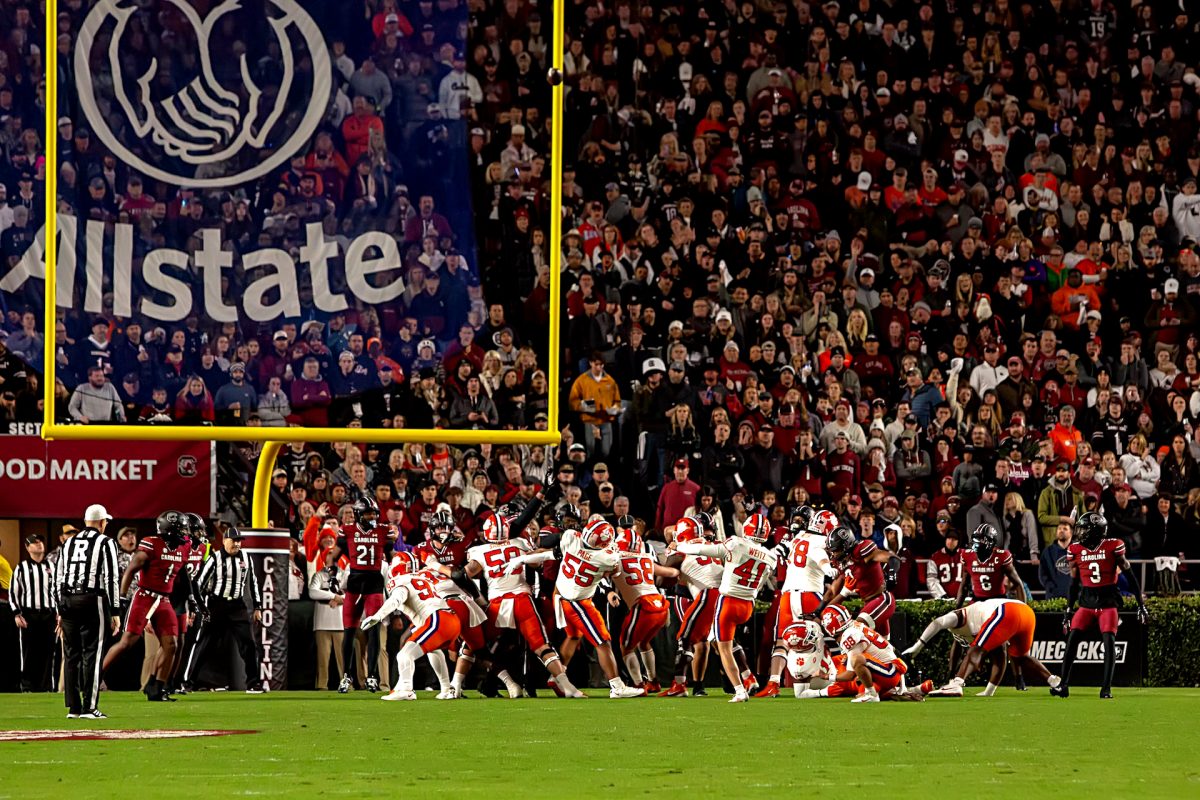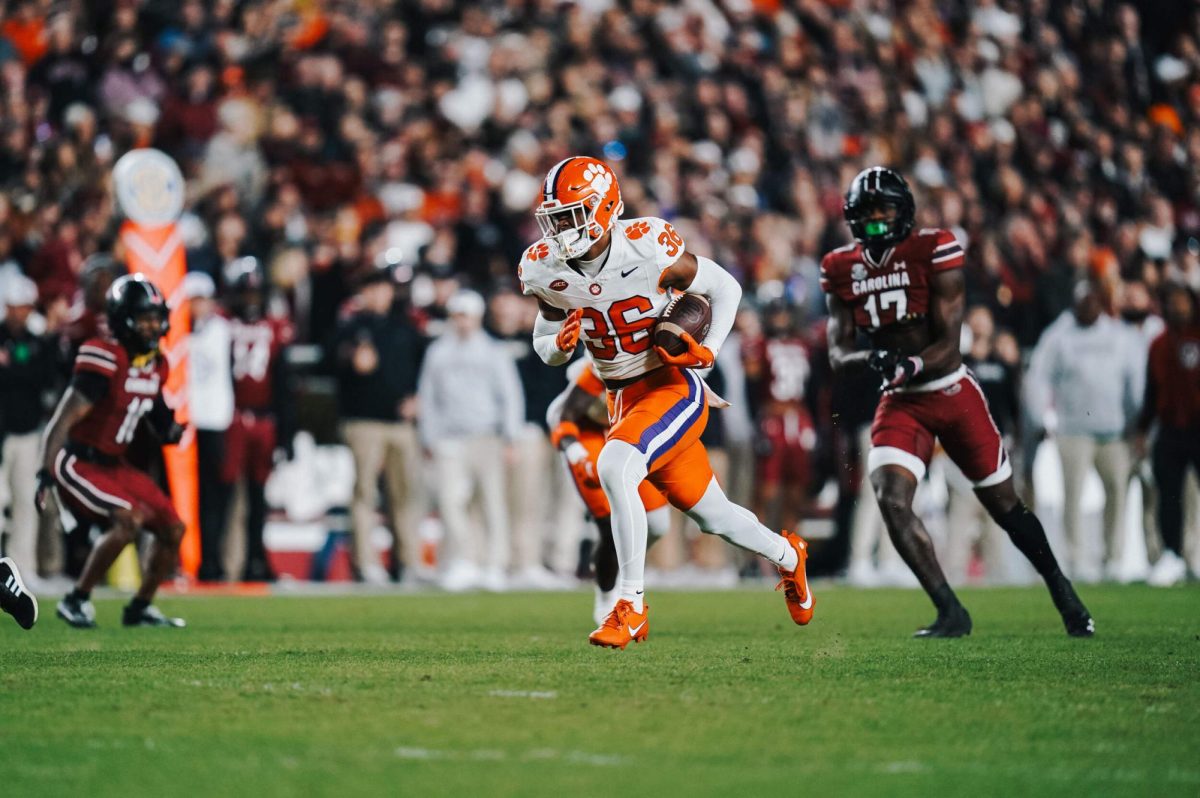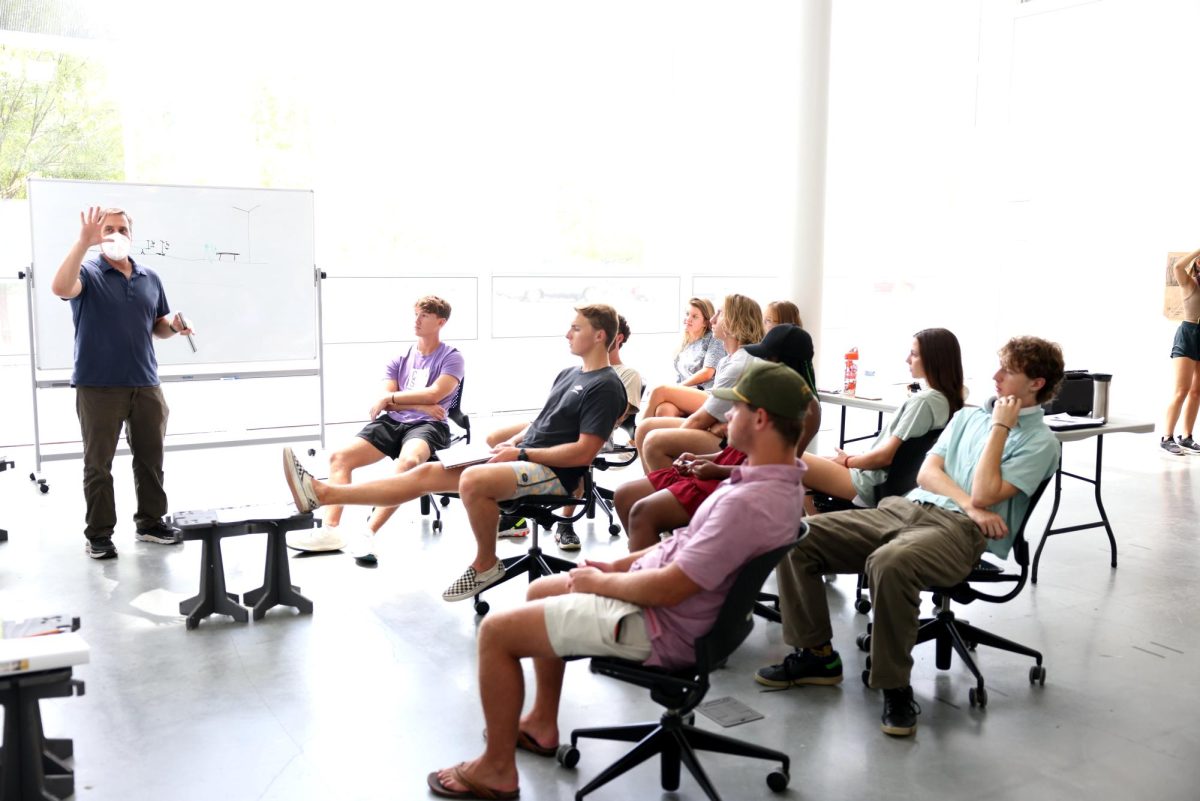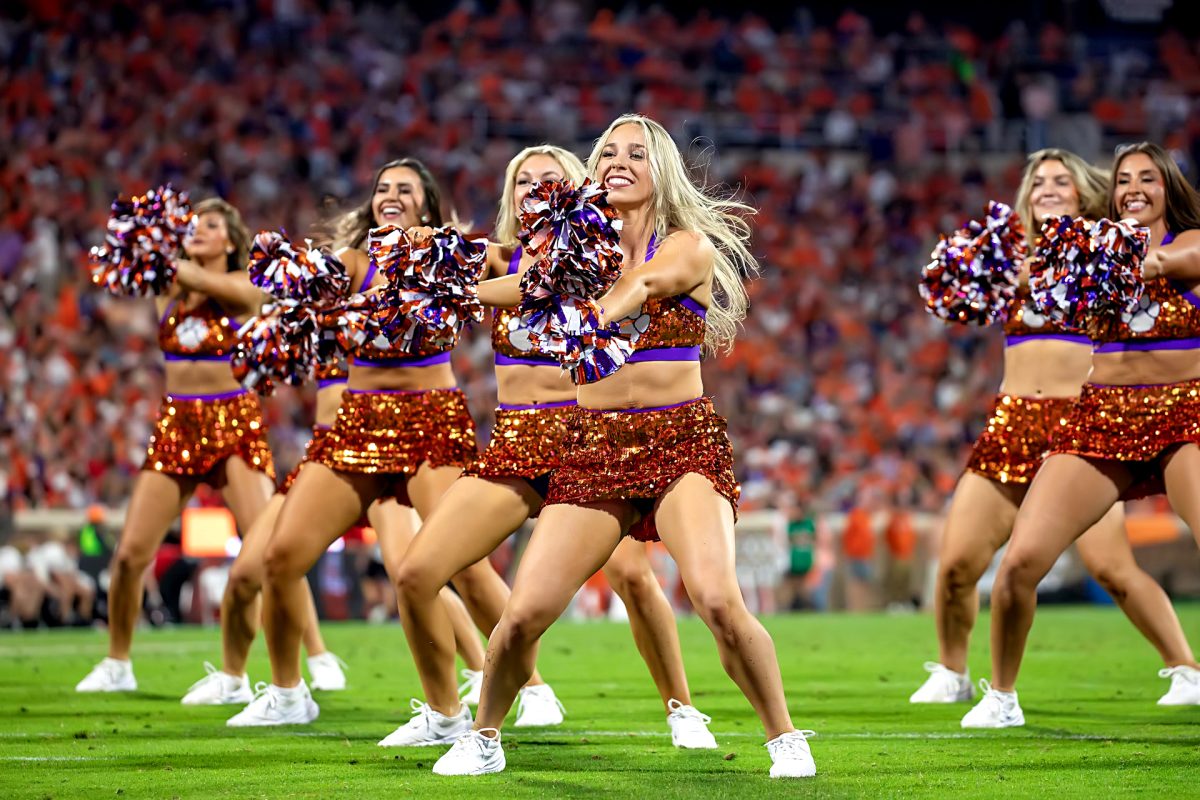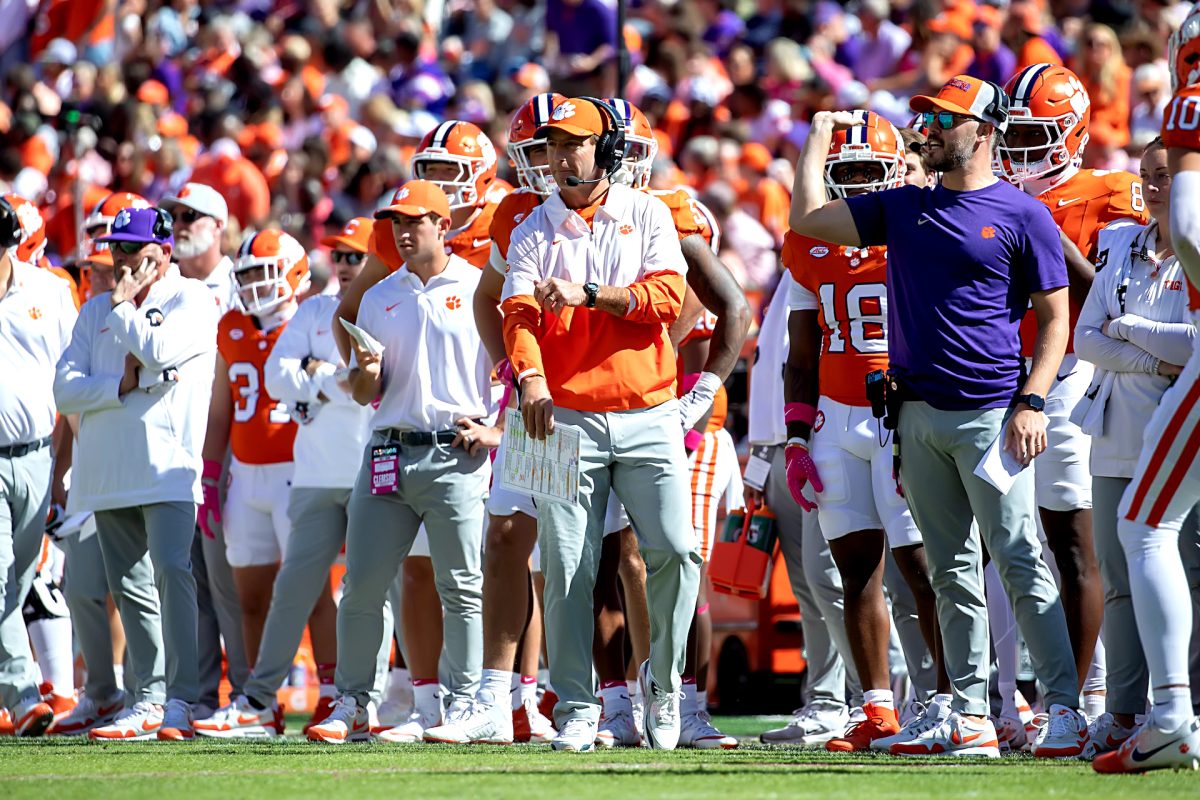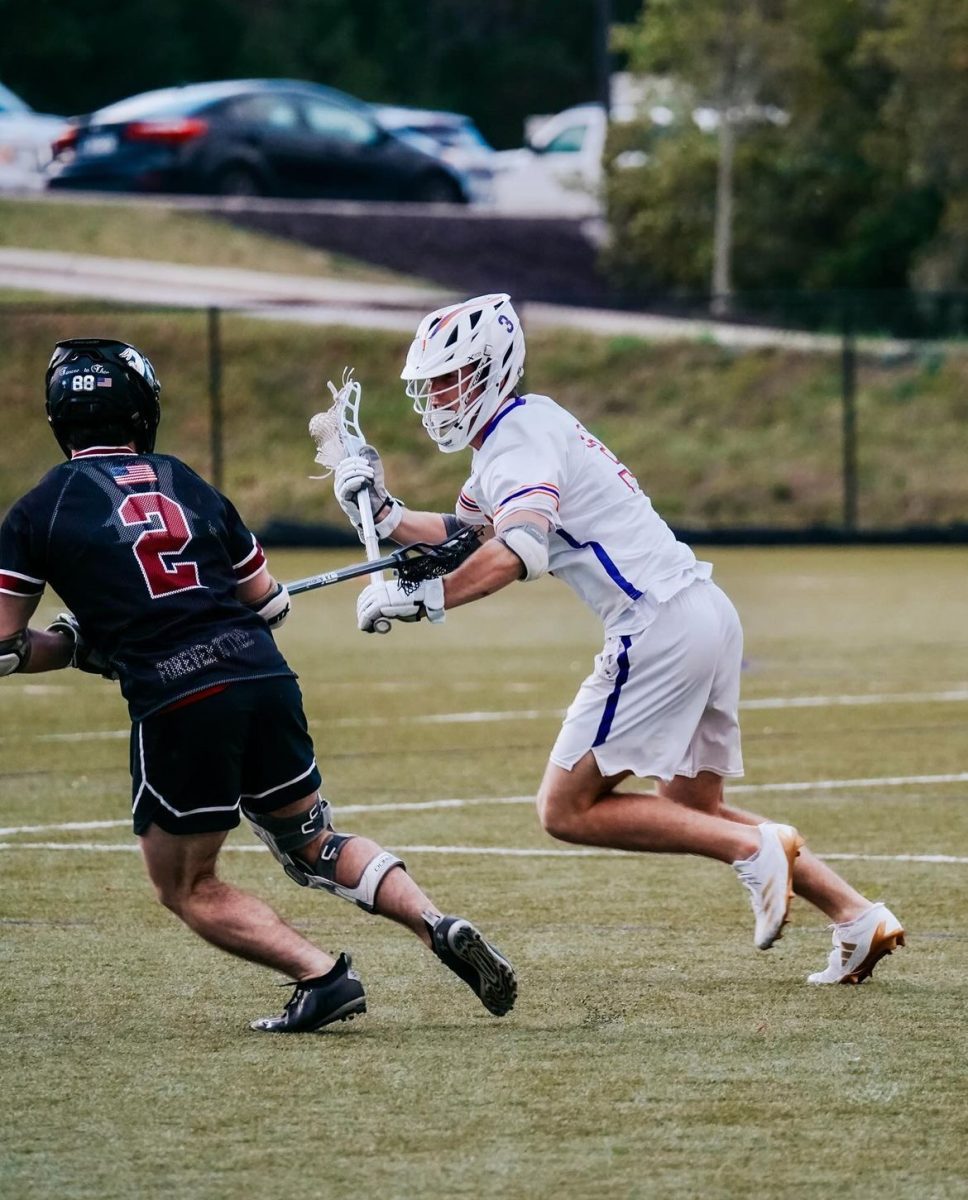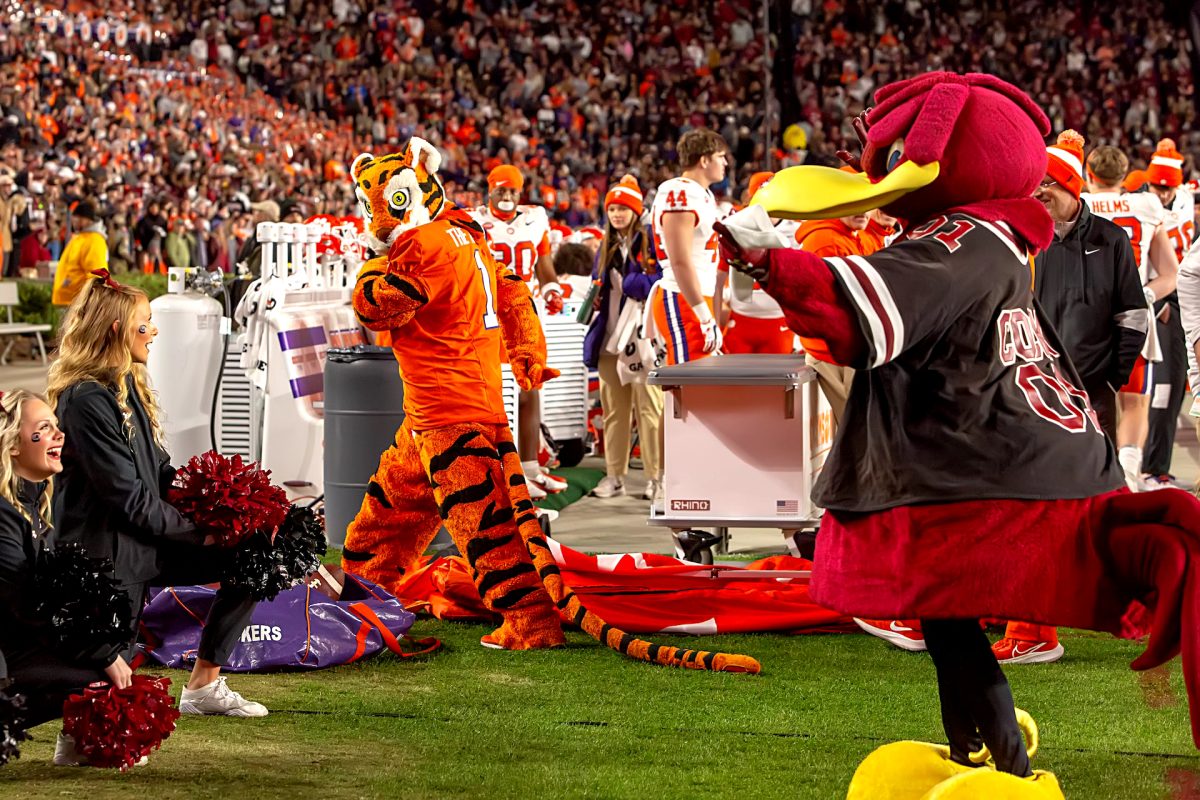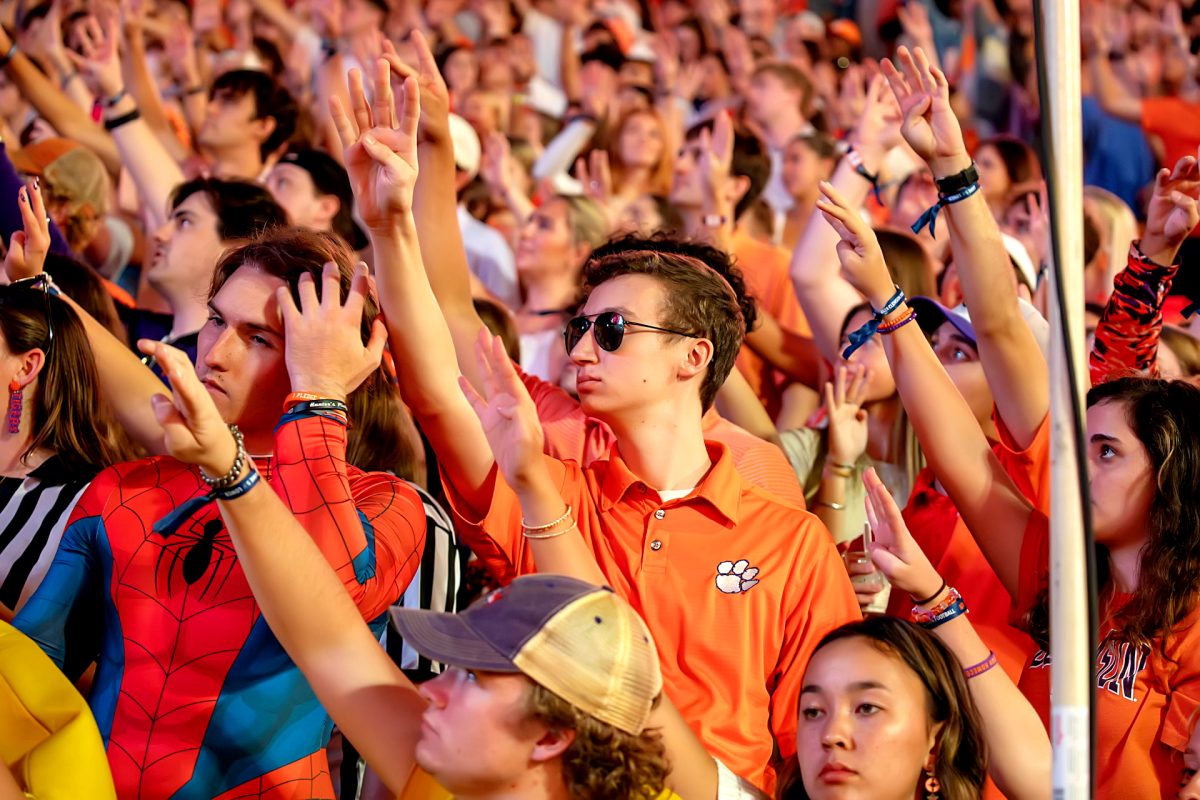Year after year, Clemson students enter a lottery just before the start of the academic year, hoping their points from their class standing are enough to earn them at least one football student ticket. However, if they wish to increase their odds, they can purchase an IPTAY membership on top of their tuition bill (which will also include a $150-per-semester athletic fee beginning next year).
The ticket lottery is based on seniority and IPTAY Collegiate Club membership. Freshmen receive one point, and as one goes up grades, you earn one more point each year, with the seniors receiving four points. If someone is a member of IPTAY, they would receive double the points, but the most available is eight total points.
The system’s flaws beg the question: How can the system reward student tickets to benefit both students and Clemson athletics?
The answer? Look just over a hundred miles southeast of Clemson to Columbia, South Carolina, home of the University of South Carolina.
While the Gamecocks may rival the Tigers, credit must be given where it is due, and it certainly is. One aspect of South Carolina’s student ticketing system sets itself apart and is something that Clemson should look to adopt in the future.
Cockpit Reward Points, South Carolina’s reward system, incentivizes students to attend all sporting events, not just football. This system allows athletes in every sport to play in front of a large home crowd rather than in a near-empty stadium.
The points system is simple. Students can earn points throughout an athletic year by being awarded two for attending nonconference football and men’s and women’s basketball games and one for conference football and basketball games and all other sports. They also add a point for football games for students who leave after the singing of the alma mater.
The University tracks attendance using the Cockpit Rewards App, allowing students to request tickets from Friday the week before a game through Tuesday the week of the game. The app also includes the student tickets themselves, so students have their tickets on their phones rather than taking time to pick up a wristband.
While it may seem easy to manipulate this system — a student could show up to earn their points and leave right after — that is not the case. South Carolina reserves the right “to remove points for attending specific events” if the university believes students are leaving early, according to its website.
All too often, Clemson sporting events besides football and men’s basketball see smaller crowds with little student attendance. With a policy like this, Clemson could encourage students to attend more sporting events on campus while giving them a better chance to earn football tickets.
If implemented here at Clemson, this policy would be a win for students and student-athletes. If South Carolina can do it, then Clemson certainly can and should, too.



